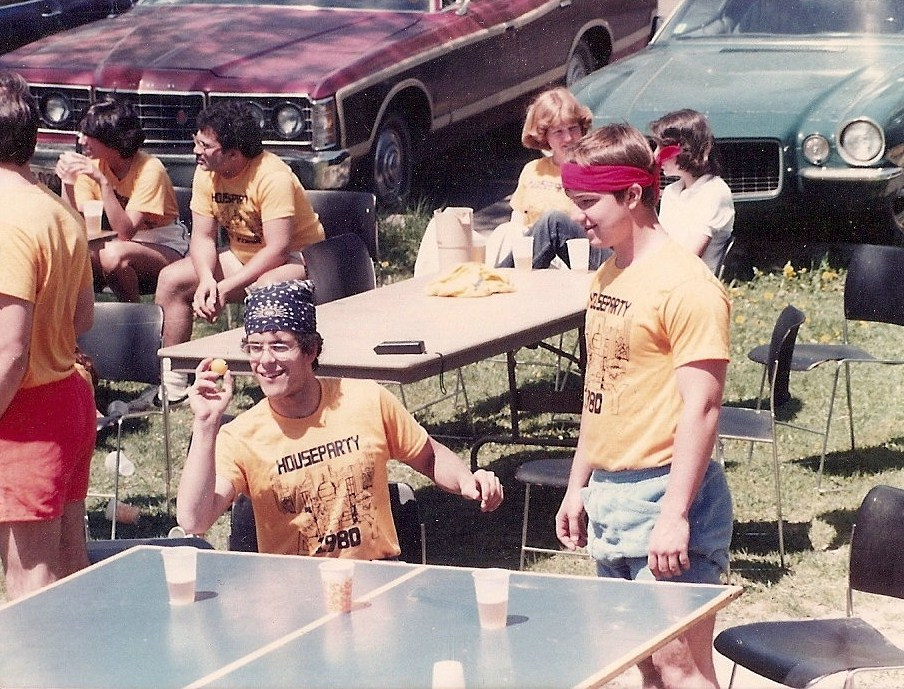The current drinking age law of twenty-one fuels a culture of lawbreaking, which is an unethical consequence that negatively impacts young Americans and society as a whole. A 2016 study found that 7.3 million Americans between the ages of twelve and twenty consume alcohol, which is 19% of the age group (Underage).
The second aspect of the rampant lawbreaking is the illegal production and use of false forms of identification. The widespread culture of using fake IDs serves as proof that the law does not prevent a huge portion of young Americans from violating the law, even given the risk of legal repercussions. A 2016 study of about 1,000 college students found that almost two-thirds of the study participants reported to using fake IDs to buy alcohol at least once during college. (Fake). Amethyst Initiative recognizes that the choice to use false forms of identification in order to purchase and consume alcohol is an “ethical compromise” that “erode[s] respect for the law” (Statement). Overall, the widespread disregard for the law is unethical, for it is a deontic good to follow the law.

Members of Delta Upsilon playing Throw Pong at Bucknell University (Creative Commons)
Opponents of the position that lowering the drinking age will reduce underage drinking and the use of fake IDs argue that a lower drinking age will increase lawbreaking among a younger age group of drinkers. This position is voiced by Calvina Fay, the executive director of the Drug Free America Foundation, who argues, “by allowing teens to drink you are giving permission to your children to do harmful things” (Pifer). However, the lawbreaking and use of fake IDs is more widespread and detrimental among college students, and a MLDA of eighteen would not likely impact the behavior of high schoolers in a negative way.